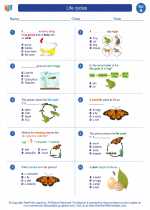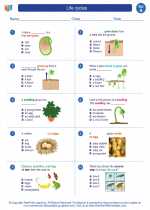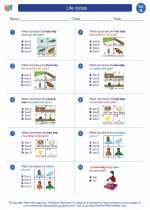Earthquakes
An earthquake is the shaking of the surface of the Earth resulting from a sudden release of energy in the Earth's lithosphere that creates seismic waves. This can happen when there is a sudden slip on a fault line, causing the ground to shake.
Causes of Earthquakes
Earthquakes can be caused by natural processes such as volcanic activity, landslides, or even human activities such as mining or reservoir-induced seismicity.
Effects of Earthquakes
Earthquakes can have a range of effects, including ground shaking, landslides, tsunamis, and in some cases, the release of volcanic gases. The impact on human communities can be devastating, causing damage to buildings and infrastructure, and leading to loss of life and displacement of populations.
Measuring Earthquakes
Earthquakes are measured using instruments called seismographs, which record the vibrations of the Earth's surface. The magnitude of an earthquake is measured using the Richter scale, which quantifies the energy released by an earthquake. The intensity of an earthquake, on the other hand, is measured using the Modified Mercalli Intensity (MMI) scale, which describes the effects of an earthquake on the Earth's surface and on human structures.
Staying Safe During Earthquakes
It's important to have a plan in place for staying safe during an earthquake. This includes knowing the safest places to take cover, having emergency supplies on hand, and being aware of the potential hazards in your area.
Study Guide
- What causes earthquakes?
- What are the effects of earthquakes?
- How are earthquakes measured?
- What can you do to stay safe during an earthquake?
[Earthquakes] Related Worksheets and Study Guides:
.◂Science Worksheets and Study Guides First Grade. Life cycles

 Activity Lesson
Activity Lesson
 Worksheet/Answer key
Worksheet/Answer key
 Worksheet/Answer key
Worksheet/Answer key
 Worksheet/Answer key
Worksheet/Answer key
 Worksheet/Answer key
Worksheet/Answer key
 Worksheet/Answer key
Worksheet/Answer key
